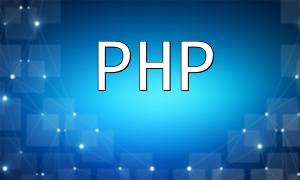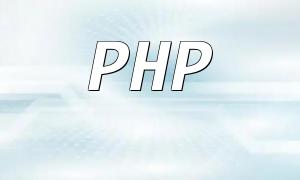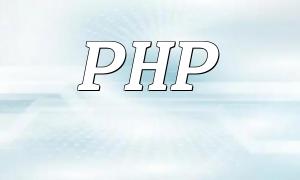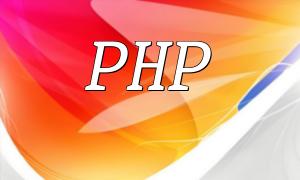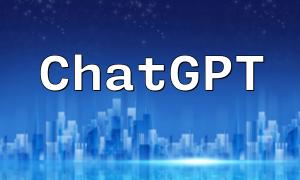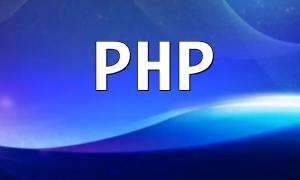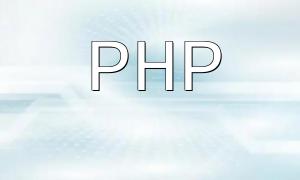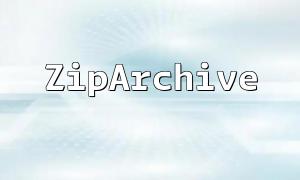As one of the most widely used scripting languages for web development, PHP is known for its flexibility and efficiency. However, PHP developers often encounter a variety of issues during development. This article provides a complete solution for PHP development issues, covering everything from environment setup to advanced debugging techniques.
The first step in PHP development is to set up the development environment correctly. Common environment setup issues include PHP interpreter installation, web server configuration, and extension library installation.
Installing PHP Interpreter: Installing PHP is the first step in starting development. If PHP isn't running properly, it's recommended to check the installation path of the PHP interpreter and other conflicting software.
Configuring Web Servers: PHP is commonly used with web servers like Apache and Nginx. Make sure that the PHP interpreter is correctly linked with the web server and that the configuration files are correct.
Installing Extensions and Libraries: PHP has a large set of extensions and libraries that can improve development efficiency. Ensure that the versions of the extensions you use are compatible with the PHP interpreter, and configure the corresponding environment variables.
As an interpreted language, PHP has strict syntax and logic requirements, and developers need to ensure that their code is clean and logically sound.
Syntax Errors: PHP executes code line-by-line, so even a small syntax error can cause the entire script to fail. Using an integrated development environment (IDE) or logging tools can help quickly locate and fix syntax errors.
Variables and Scope: PHP is a loosely typed language, which makes variable usage flexible but can lead to issues like variable redefinition and scope confusion. Pay close attention to variable naming and scope correctness when developing.
Operators and Control Structures: PHP supports many operators and control structures, such as arithmetic operators, logical operators, conditional statements, and loops. Developers should pay attention to operator precedence and the correct nesting of control structures.
PHP developers may also encounter performance and security issues, especially when dealing with database interactions and file handling.
Database Access: Interacting with databases is an unavoidable part of PHP development. Developers should be aware of security risks like SQL injection and XSS attacks when writing SQL queries. Additionally, using indexing, caching, and optimization techniques can help improve database access efficiency.
File Handling: PHP is often used for reading and writing files. Developers should ensure that file permissions and directory security are correctly validated to prevent unauthorized file access or tampering.
Memory Management: PHP uses reference counting for memory management, which can lead to memory leaks and overflow issues when handling large amounts of data. Developers should release unused memory and optimize code to reduce memory consumption.
During development, proper error handling and debugging tools can help developers efficiently identify and fix issues.
Error and Exception Handling: PHP provides comprehensive error-handling mechanisms. Using try-catch blocks can help capture and handle exceptions, preventing application crashes in production environments.
Logging and Debugging Information: Logging tools allow developers to track code execution, variable values, and other information, aiding in problem diagnosis. Debugging tools and debuggers can be used for step-by-step debugging and inspecting variables.
Unit Testing: Writing unit tests is an essential part of ensuring code quality. Using tools like PHPUnit can help developers verify the correctness of their code and ensure that features work as expected.
This article has provided an in-depth guide for PHP developers to better understand and address common issues, from environment setup to debugging. As the PHP ecosystem continues to evolve, new challenges and problems may arise. Continuous learning and knowledge updates are key to improving PHP development skills.
